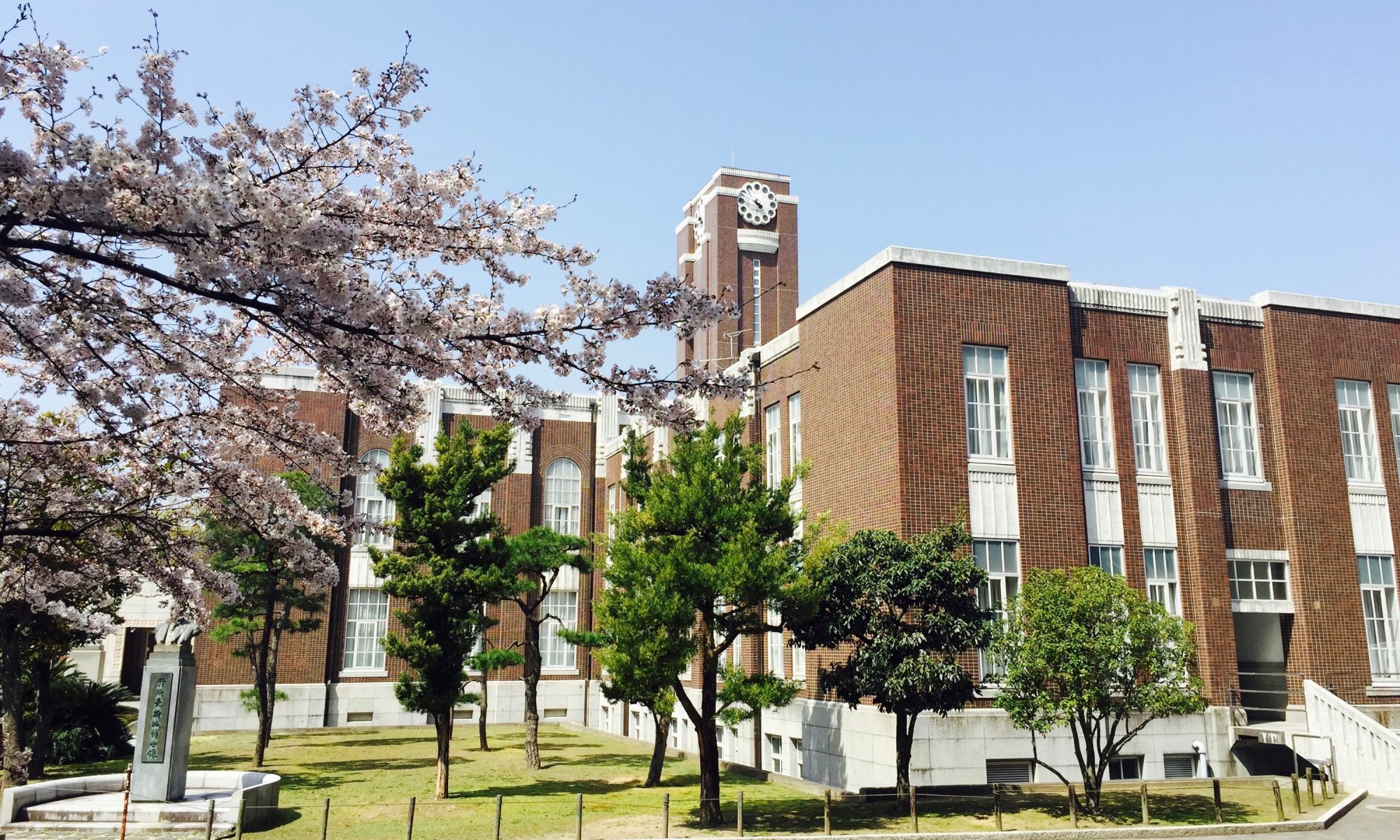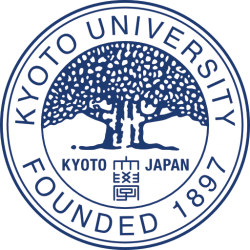Teacher: YUKAWA Shikiko
Course Code: JK37002
The aim of this course is to seek and discuss Japanese values, ideas and attitudes toward certain universal themes, such as love, death, human nature and aesthetic beauty through a close reading of selected representative works of classical Japanese literature.
We will use well-known English translations of the Manyoshu, Taketori Monogatari, Ise Monogatari and Tsurezuregusa, among other works, as our texts.
Course Information
Module: Research and Advanced Studies
CATS Requirements: MA 1st year or above
Day/Period: Mon/3
Location: Sem. Room 11
Credits: 2
Enrollment is limited to 5 students. Students in the Heidelberg Centre for Transcultural Studies program will be given priority.
It is recommended that students come into the class having fulfilled one of the following:
1) The student has taken a course in academic writing in English at the undergraduate or graduate level.
2) The student has written an academic paper or report in English for an undergraduate or graduate level course in the past (in any field of study).
Course Goals
・To become familiar with the content of selected works of classical Japanese literature and the sociohistorical background of the period within which each work was written.
・To grasp underlying themes and literary concepts which are critical to a deeper understanding of the selected works.
・To be able to recognize and understand major literary devices and techniques of expression and their function.
・To present critical analysis of a work of Japanese literature of the student’s choice in a written paper.
Course Schedule and Evaluation
For a detailed course schedule, please visit KULASIS.
To JDTS/MATS students: This course can be taken as either a reduced (4 ECTS) or full seminar (8 ECTS). Please indicate your ECTS requirement to the instructor.
For students taking this course as a “full seminar,” assessment will be based on the following [1]~[4].
[1] Outline and working bibliography for oral presentation and term paper (20%)
[2] Oral presentation on development of term paper(20%)
[3] Term paper (40%)
[4] Submission of comprehension essays and contribution to discussion sessions (20%)
Students are encouraged to utilize the instructor’s office hours throughout the semester to discuss any specific concerns they may have regarding their paper.


